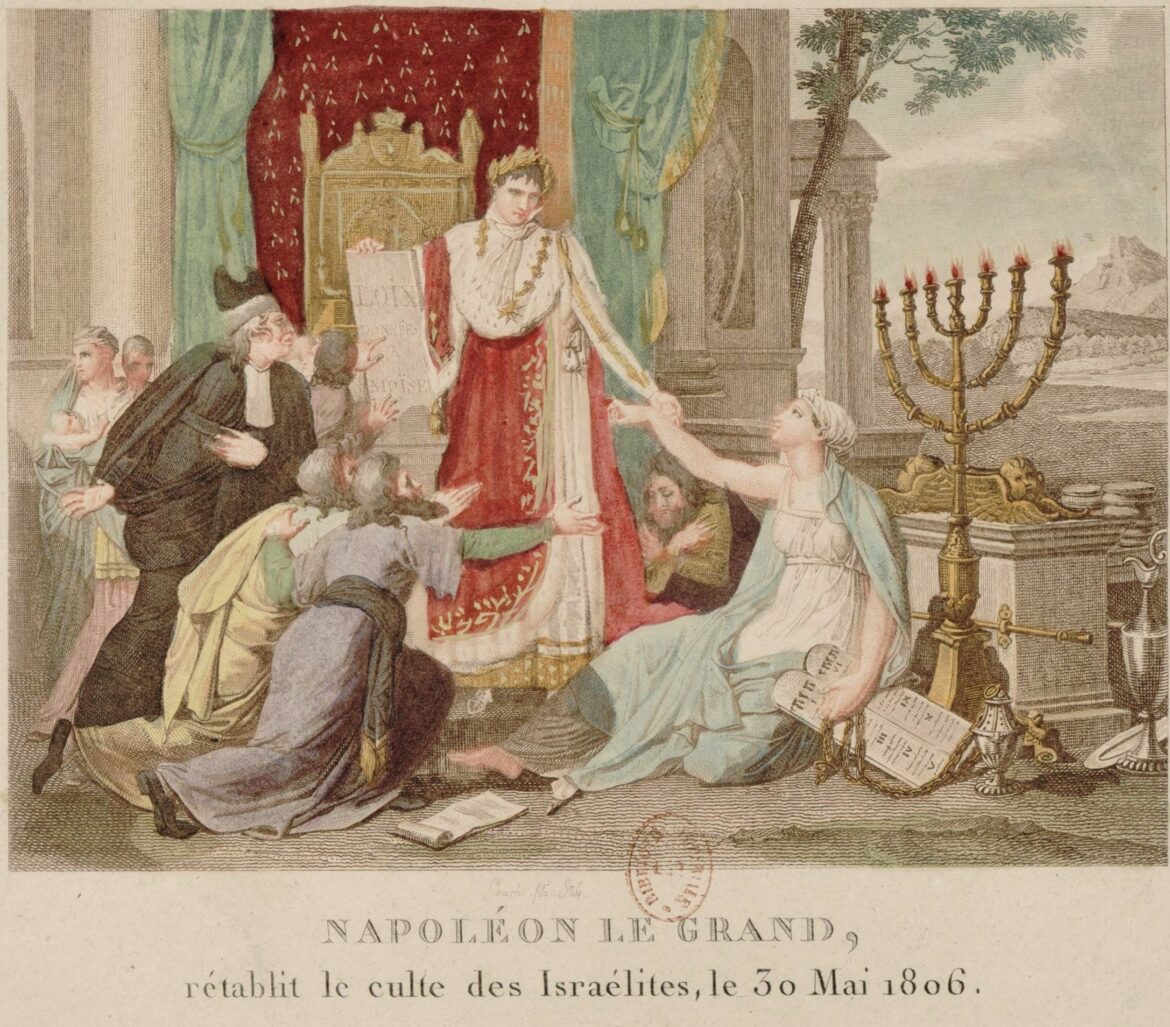He was one of the most eminent experts on the history of Jews under the Partitions of Poland. Although Artur Eisenbach’s pioneering monographs were written in communist Poland. They remained reliable studies.
He was born in 1900 in Nowy Sącz (Austro-Hungary). Artur Eisenbach came from a poor Jewish family, so he became a locksmith after graduating from elementary school. His ambitions were much greater, so he decided to train as a teacher. In 1923, he began courses in this field in Vilnius, after which he moved to Kraków, where he graduated in 1930.
His great analytical skills led him to study history – first at the Jagiellonian University and then at Warsaw University. He was a follower of Marceli Handelsman, but before the war he did not manage to start a university career. Nevertheless, he belonged to the circle of historians who, dealing with the history of the Jews in Polish lands, cooperated with the Jewish Scientific Institute in Vilnius (YIVO).
After the outbreak of the Second World War, Eisenbach went to Buczacz, from where he was exiled by the Soviet authorities deep into the Soviet Union. He returned to Poland in 1946 as a repatriate.
Shortly after the war, he joined the Polish Workers’ Party and then the Polish United Workers’ Party. His political declarations enabled him to advance in the cultural institution the Jewish Historical Institute (ŻIH). He served as its director from 1966 to 1968 but was dismissed from this position in the wave of March 1968.
The anti-Semitism of Communist Poland’s period was unable to force him to leave the country. From 1966, in parallel with his work at the Jewish Historical Institute, he was employed at the Institute of History of the Polish Academy of Sciences. He retired in 1977, continuing his research on the history of the Jews in Poland until the end of his life. His research interests resulted in many monographs which, despite the passage of time, and despite the censorship raging in the People’s Republic of Poland, remained reliable works. Eisenbach was initially interested in the Holocaust, but quickly moved away from this topic, focusing on Polish-Jewish relations. He prepared, among others, the monographs ” The Question of Jewish Equality in the Kingdom of Poland” and “Emancipation of the Jews in Poland 1785-1870 against a European background”. As an expert on Jewish culture and history, he provided consultation to Jerzy Kawalerowicz on the film “Austeria”.
Towards the end of his life, Eisenbach returned to the topic of the Holocaust, preparing an edition of all the works of Emanuel Ringelblum.
He died in Israel in 1992, committing suicide.





